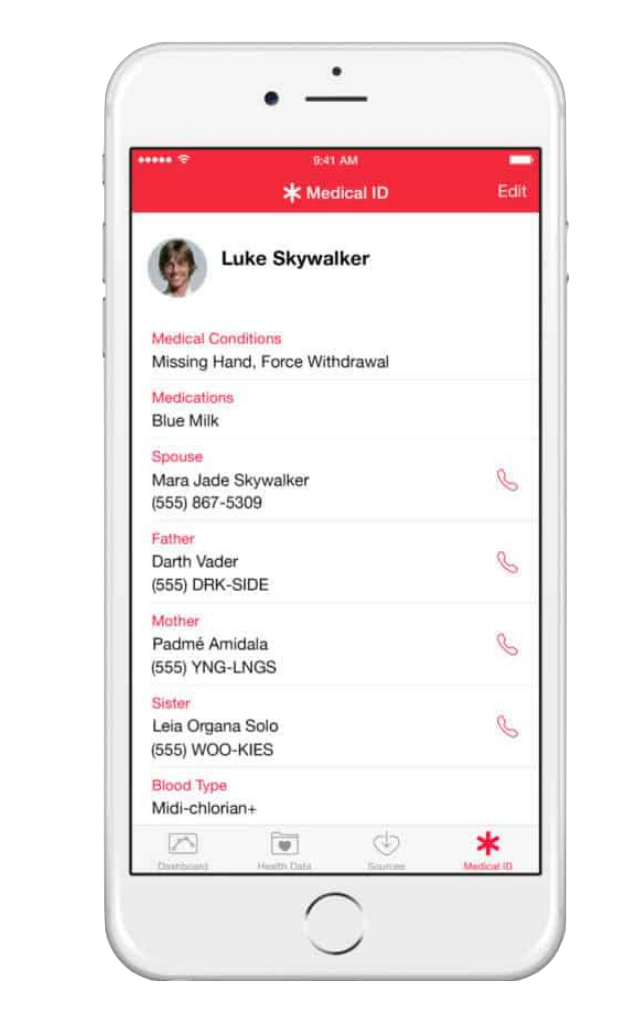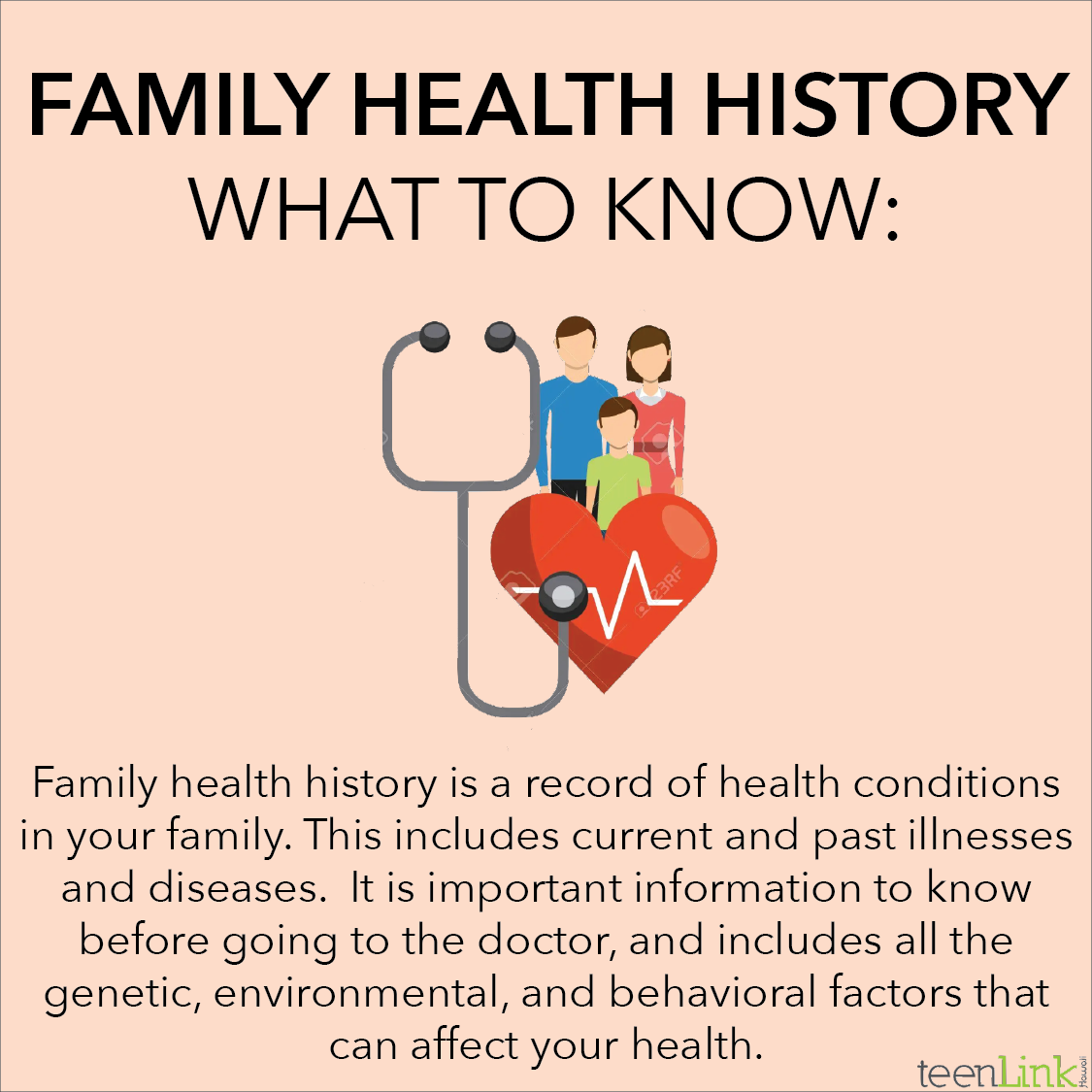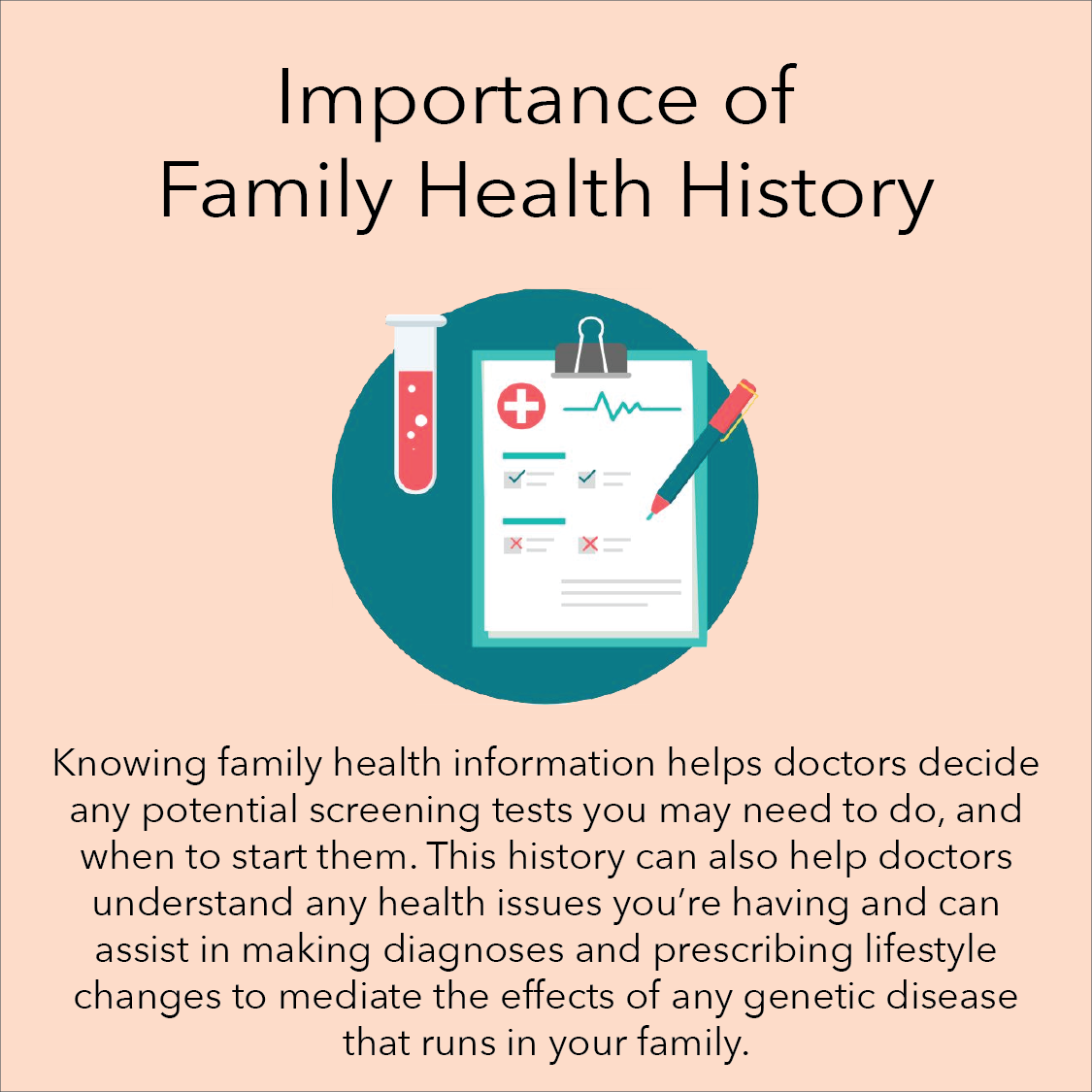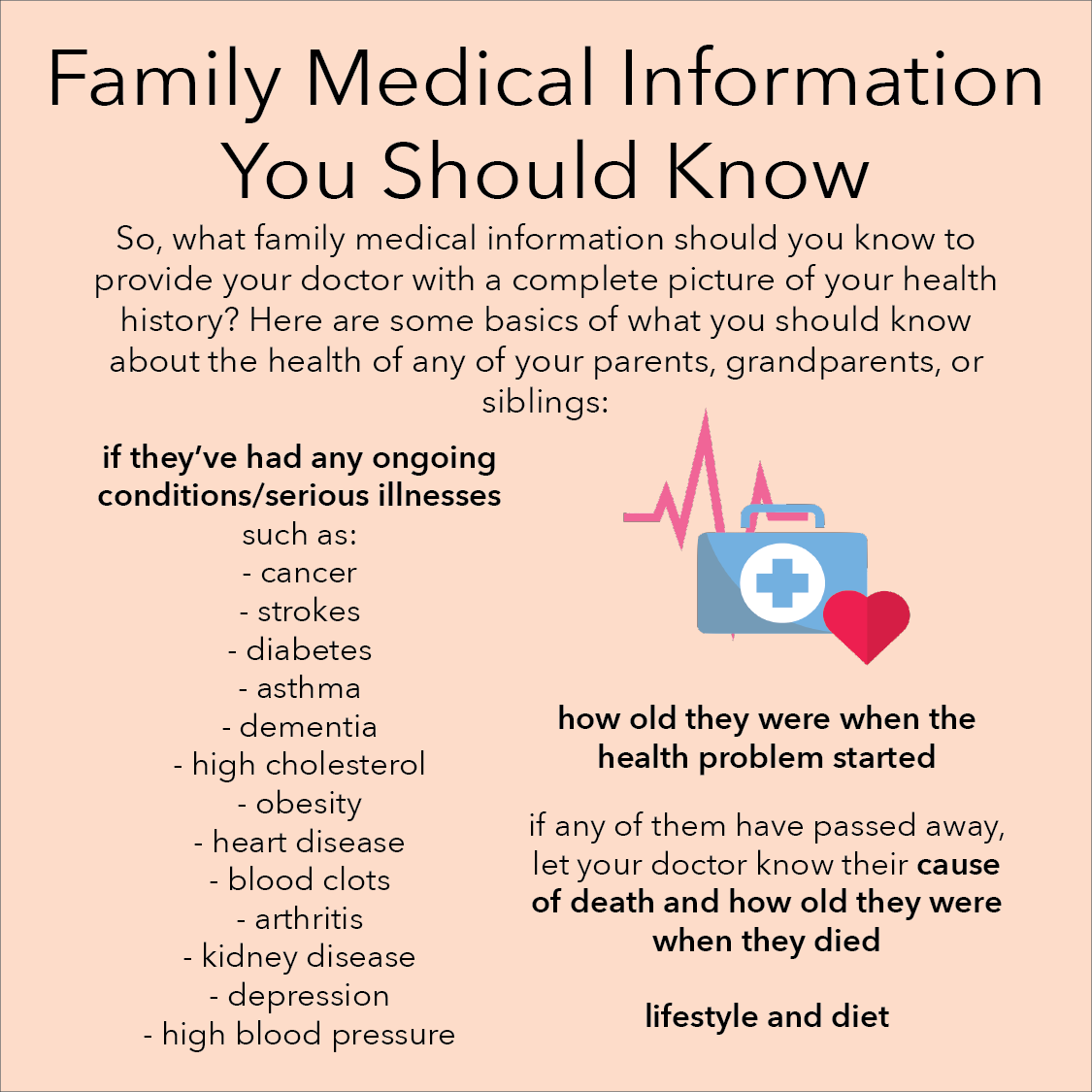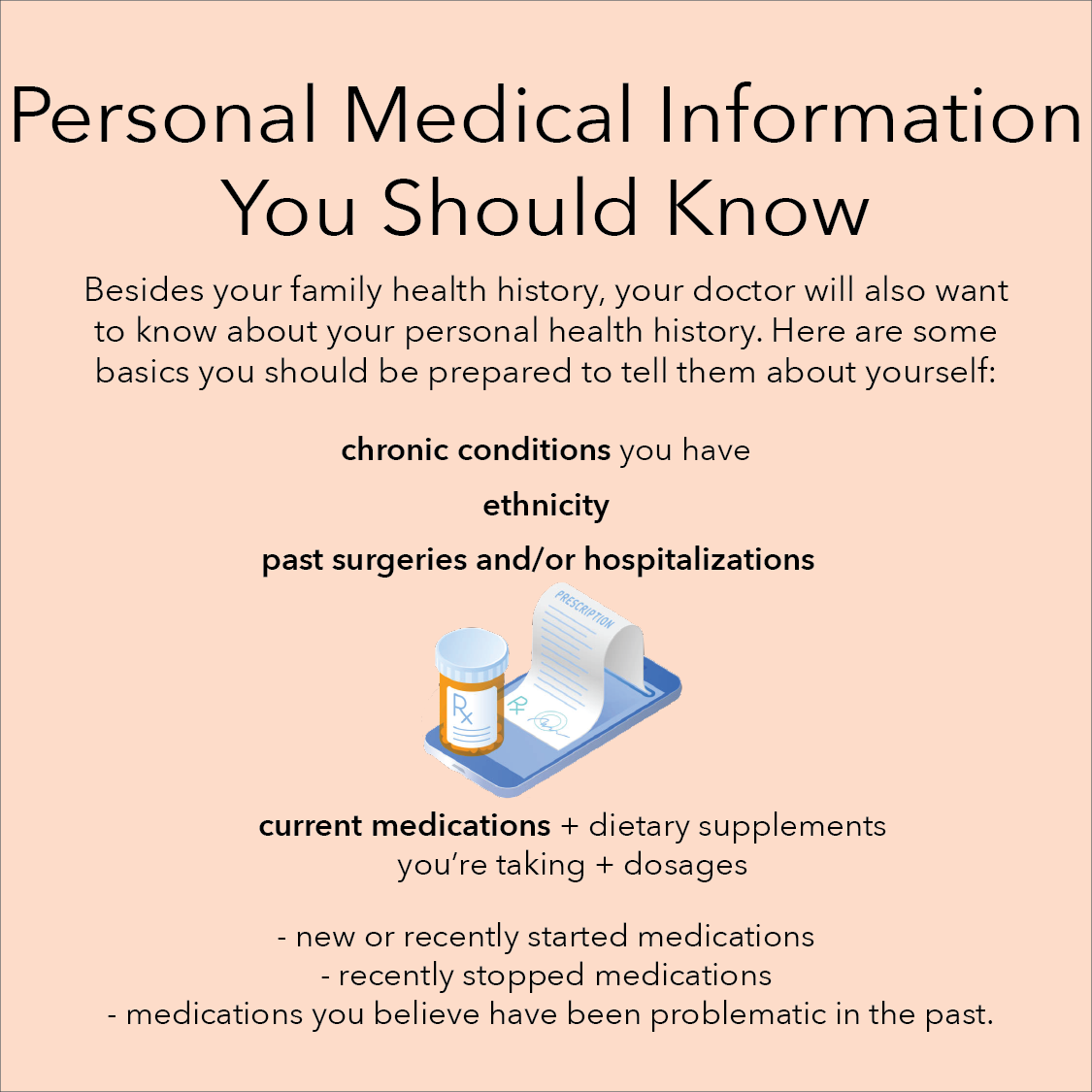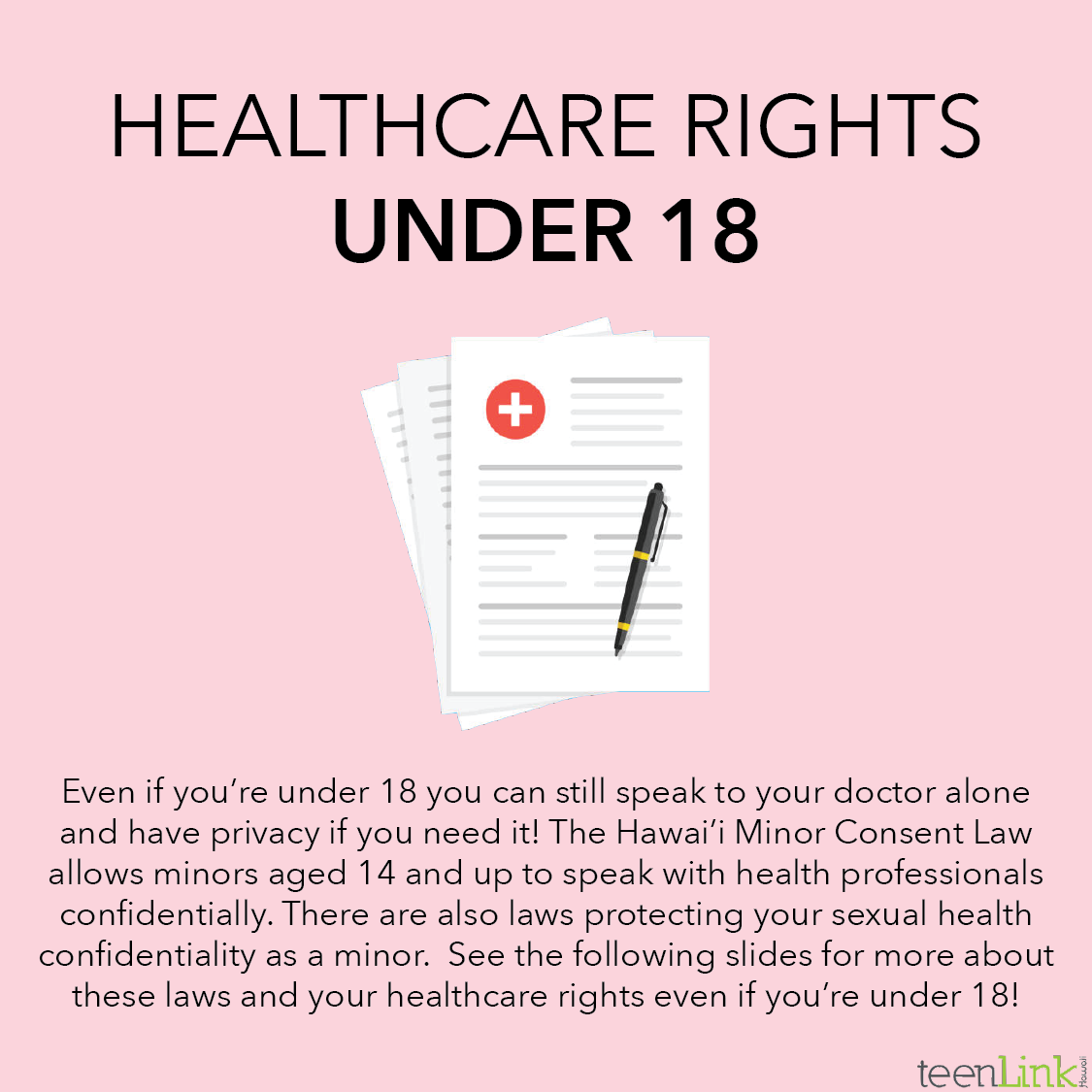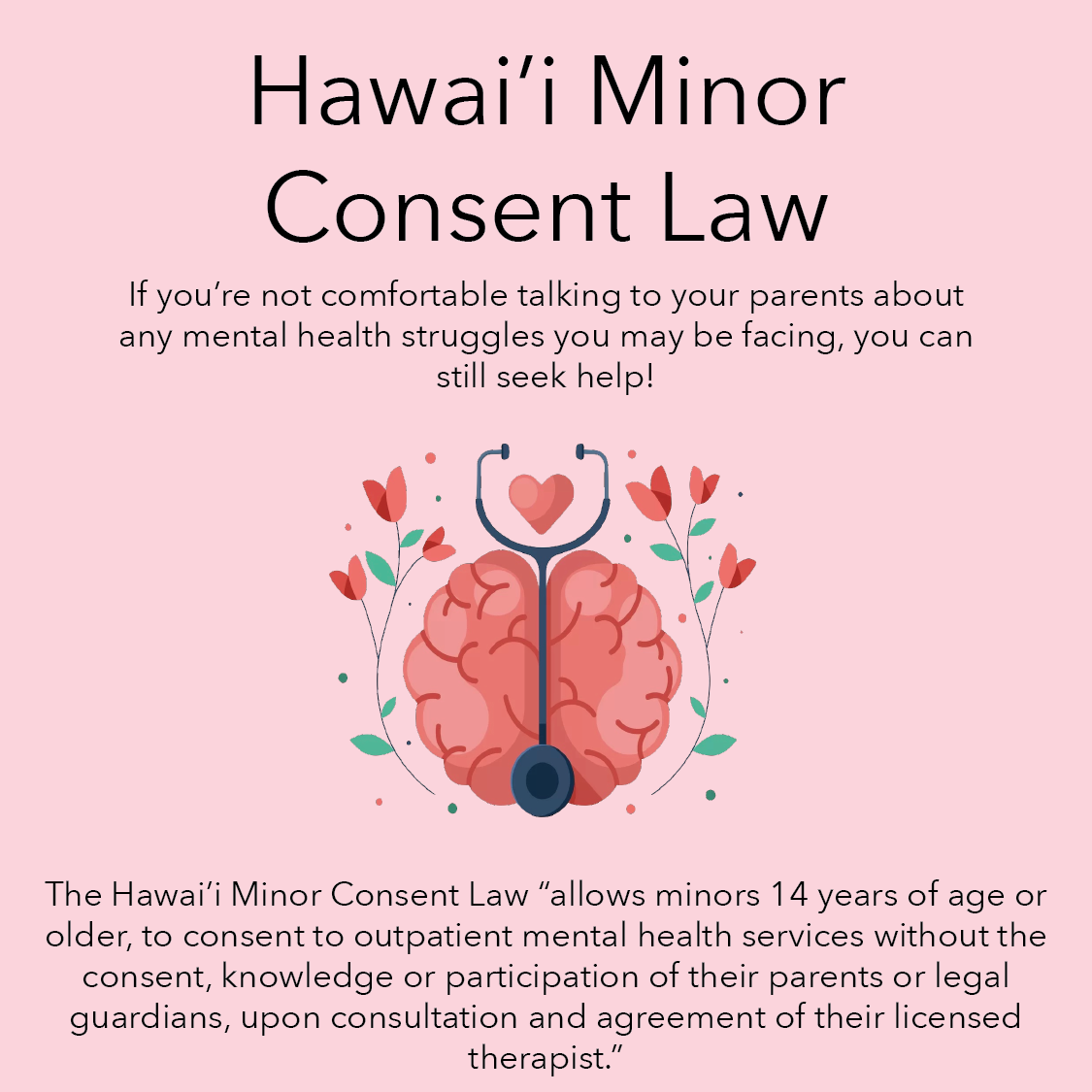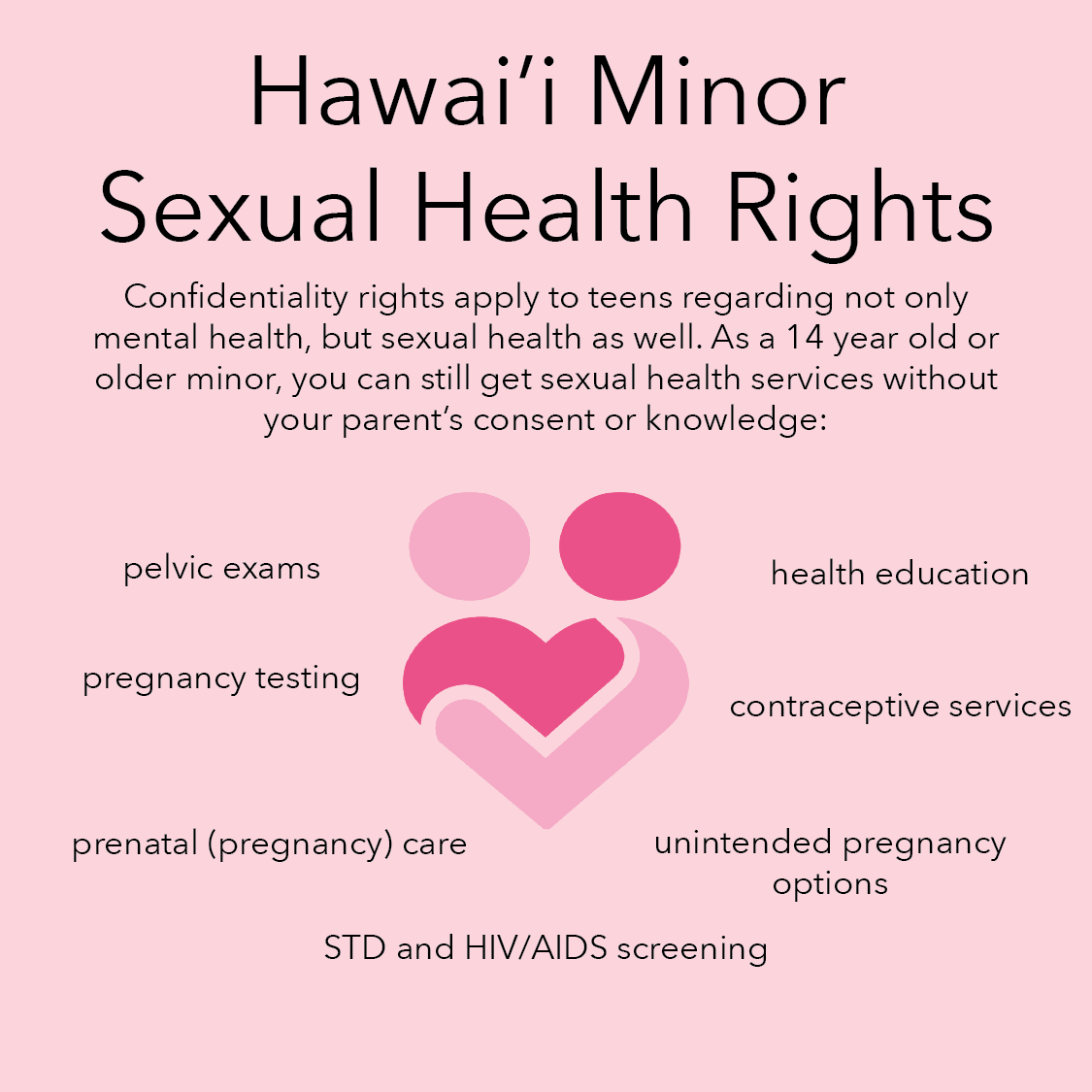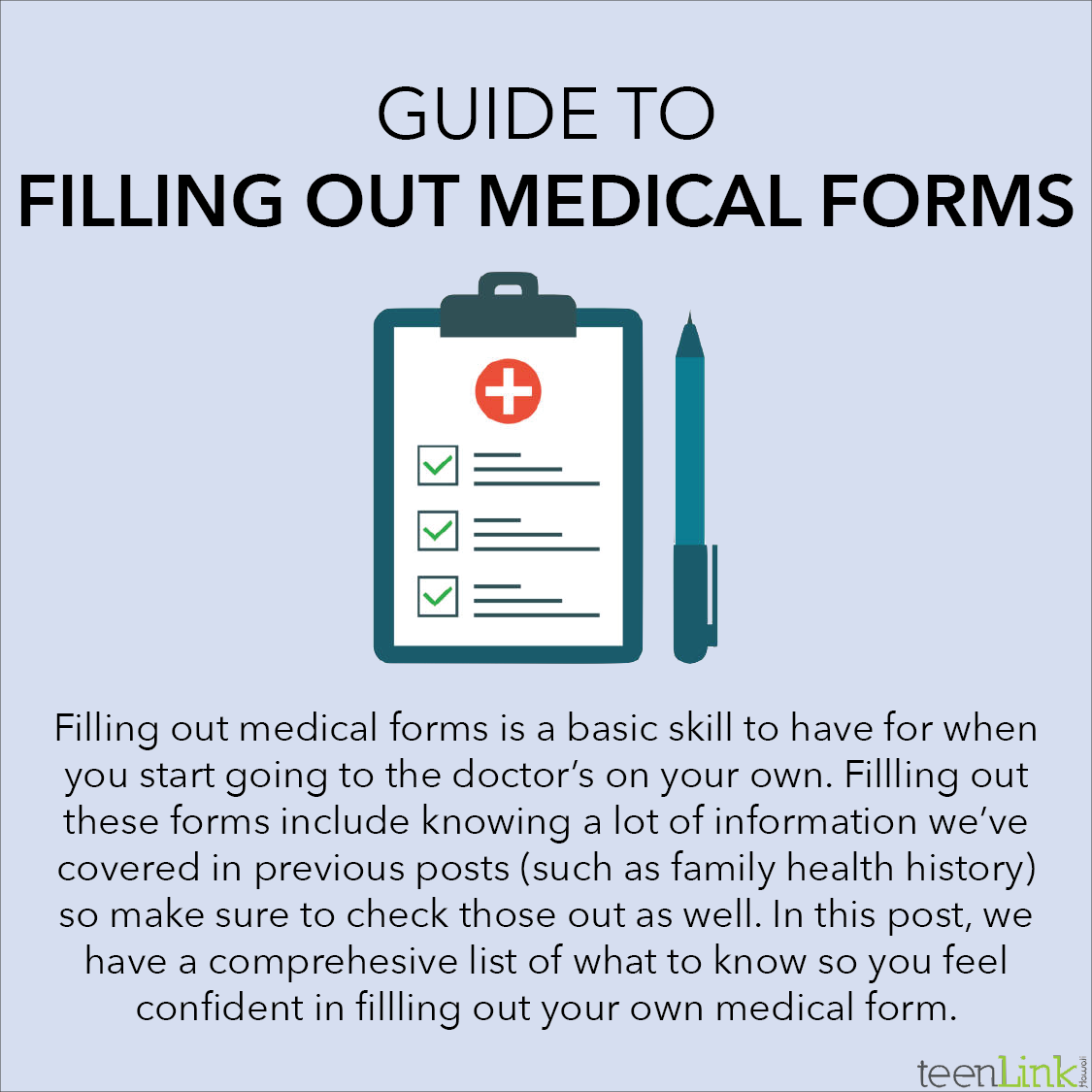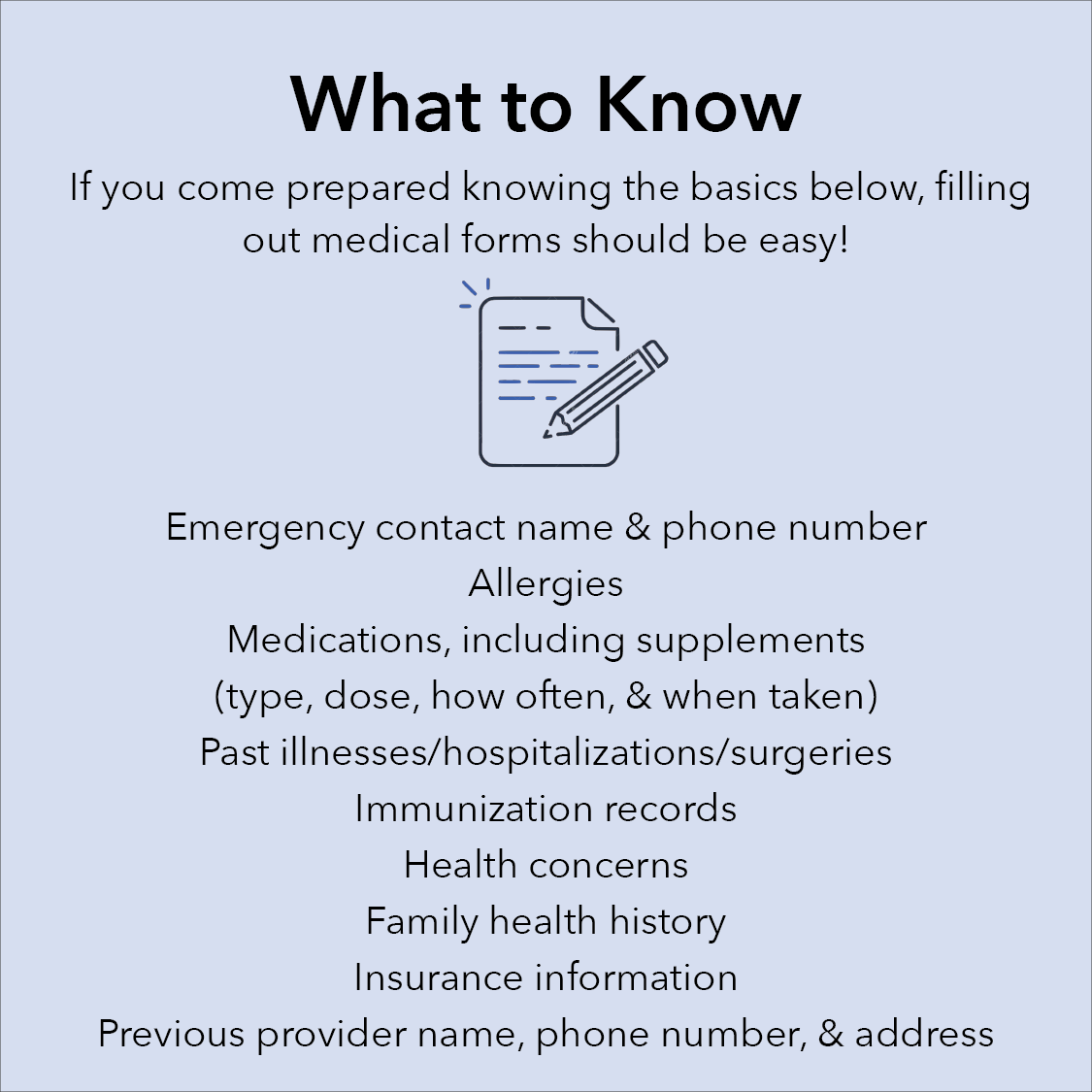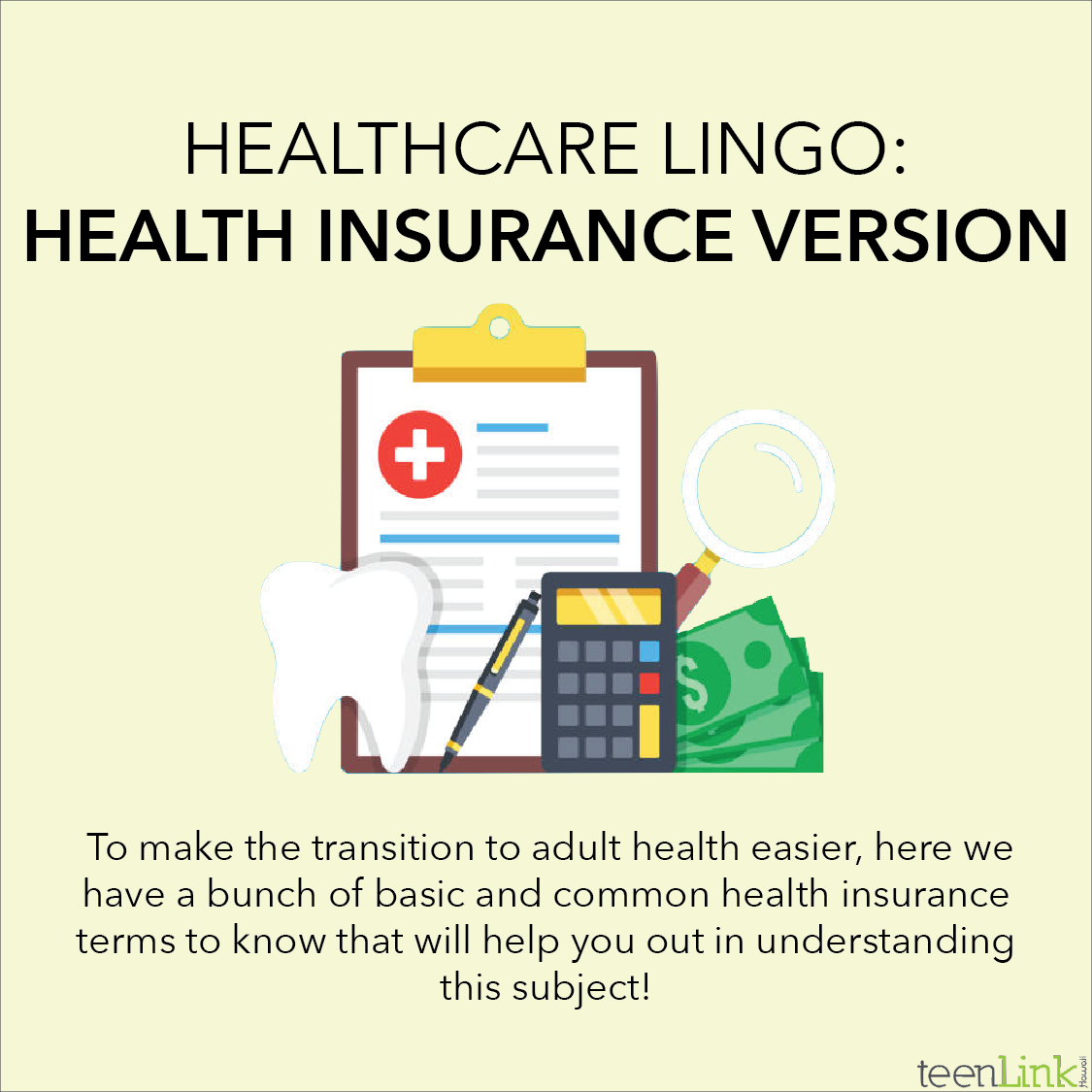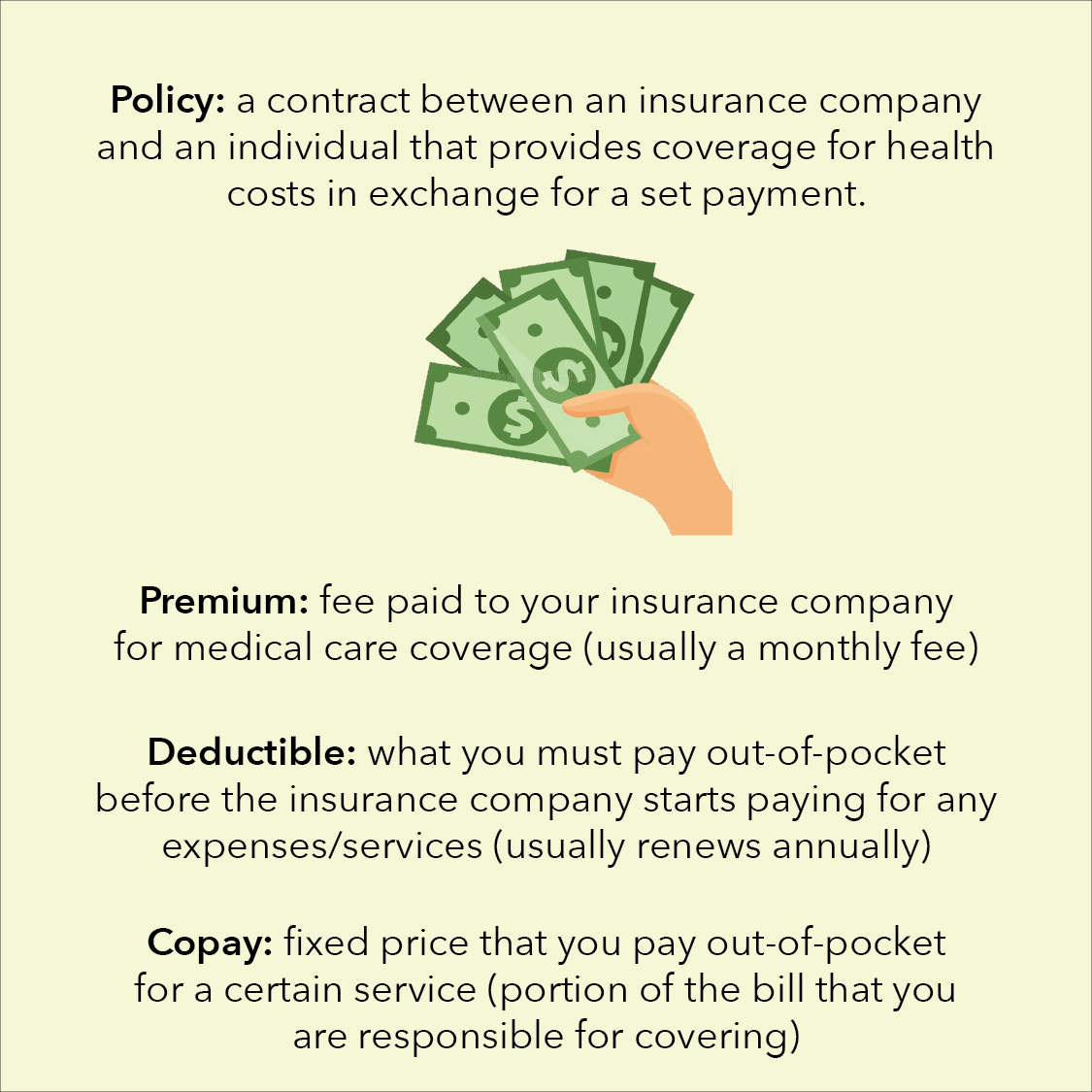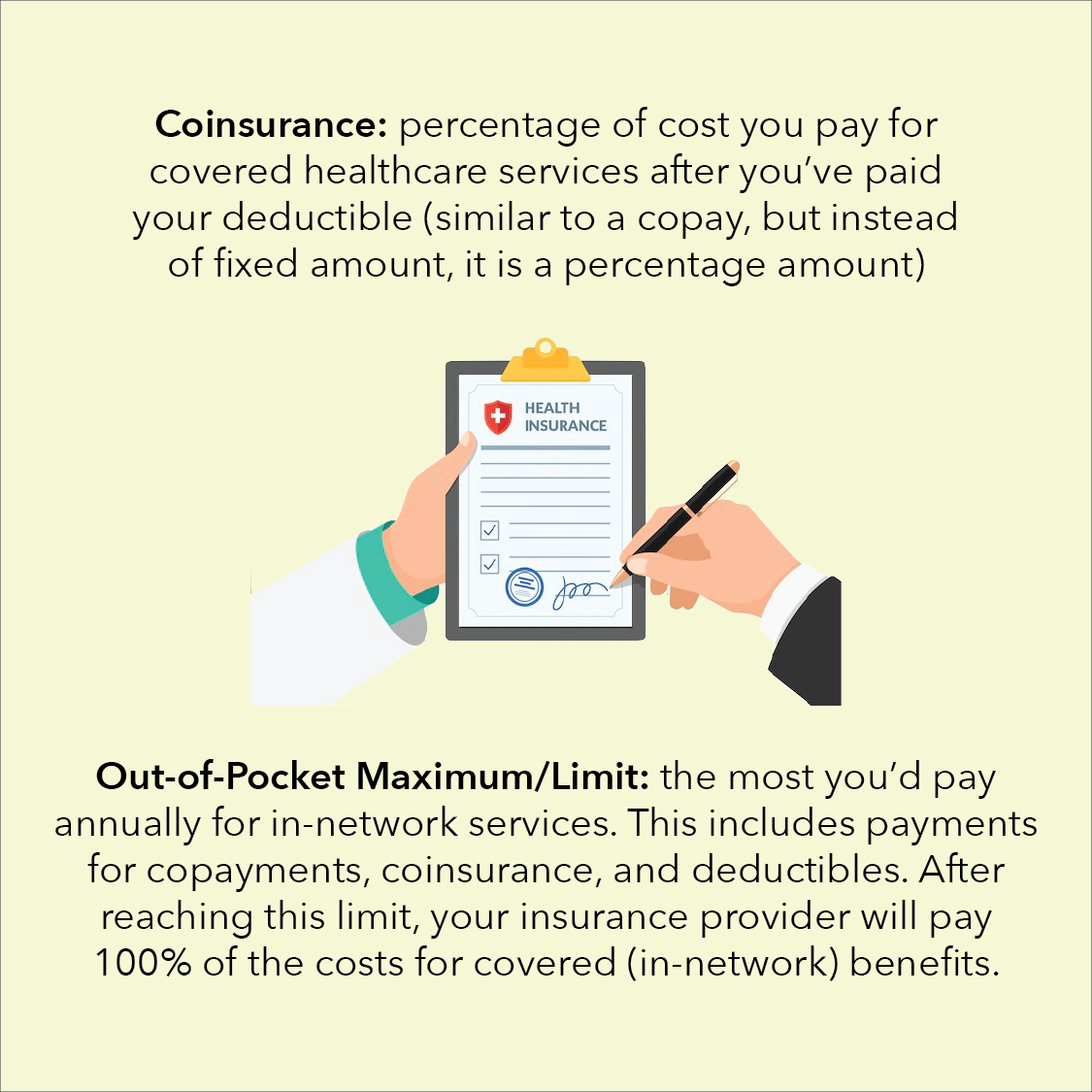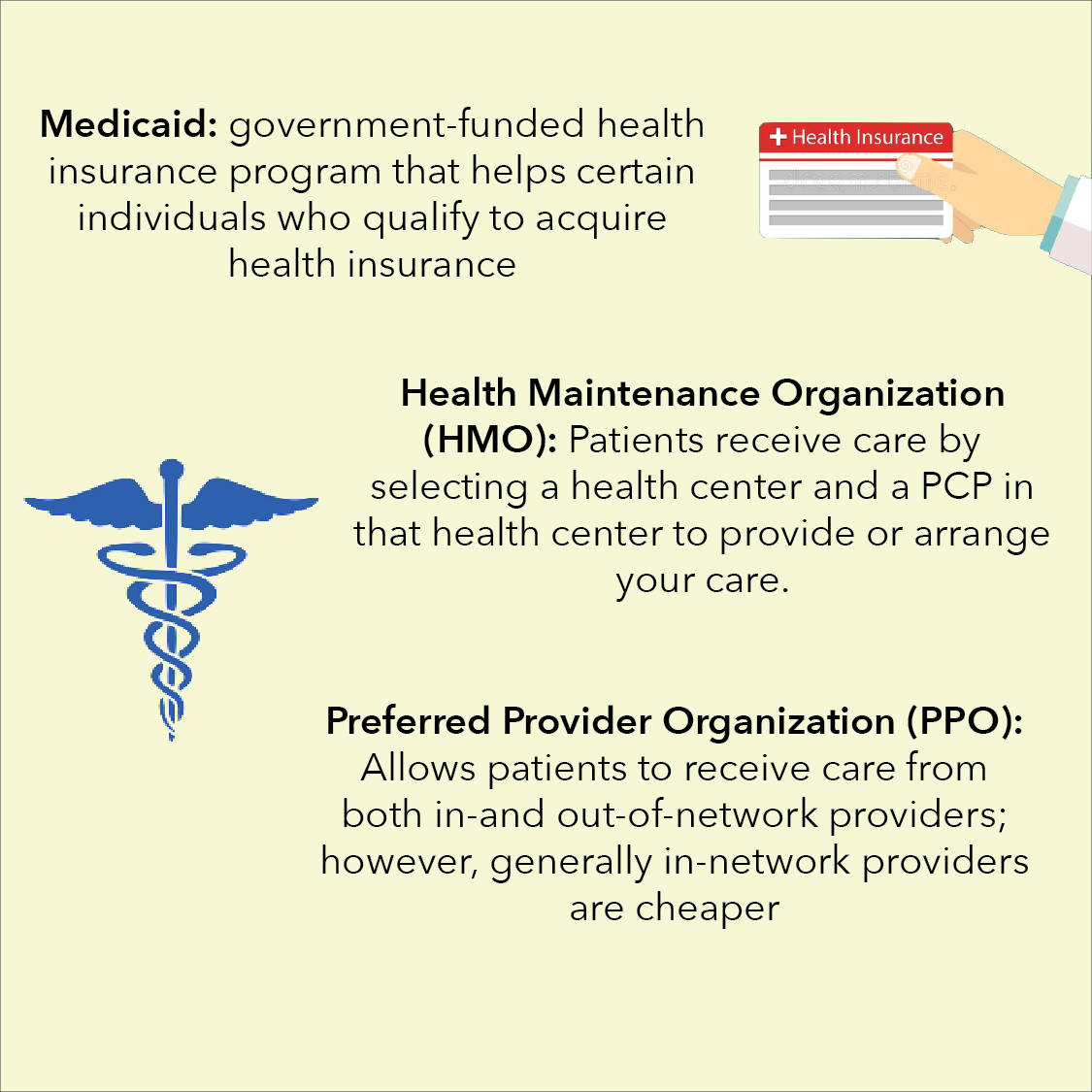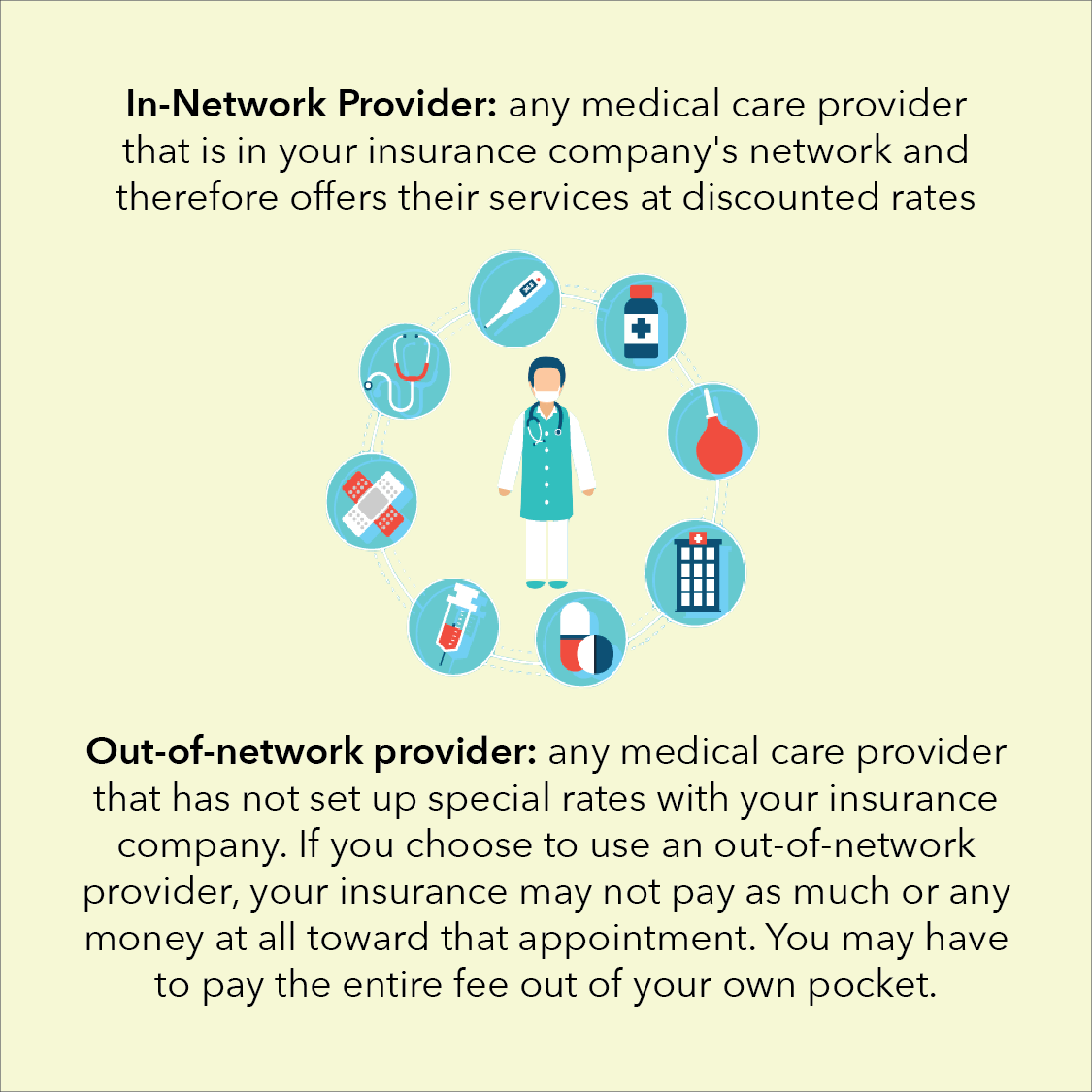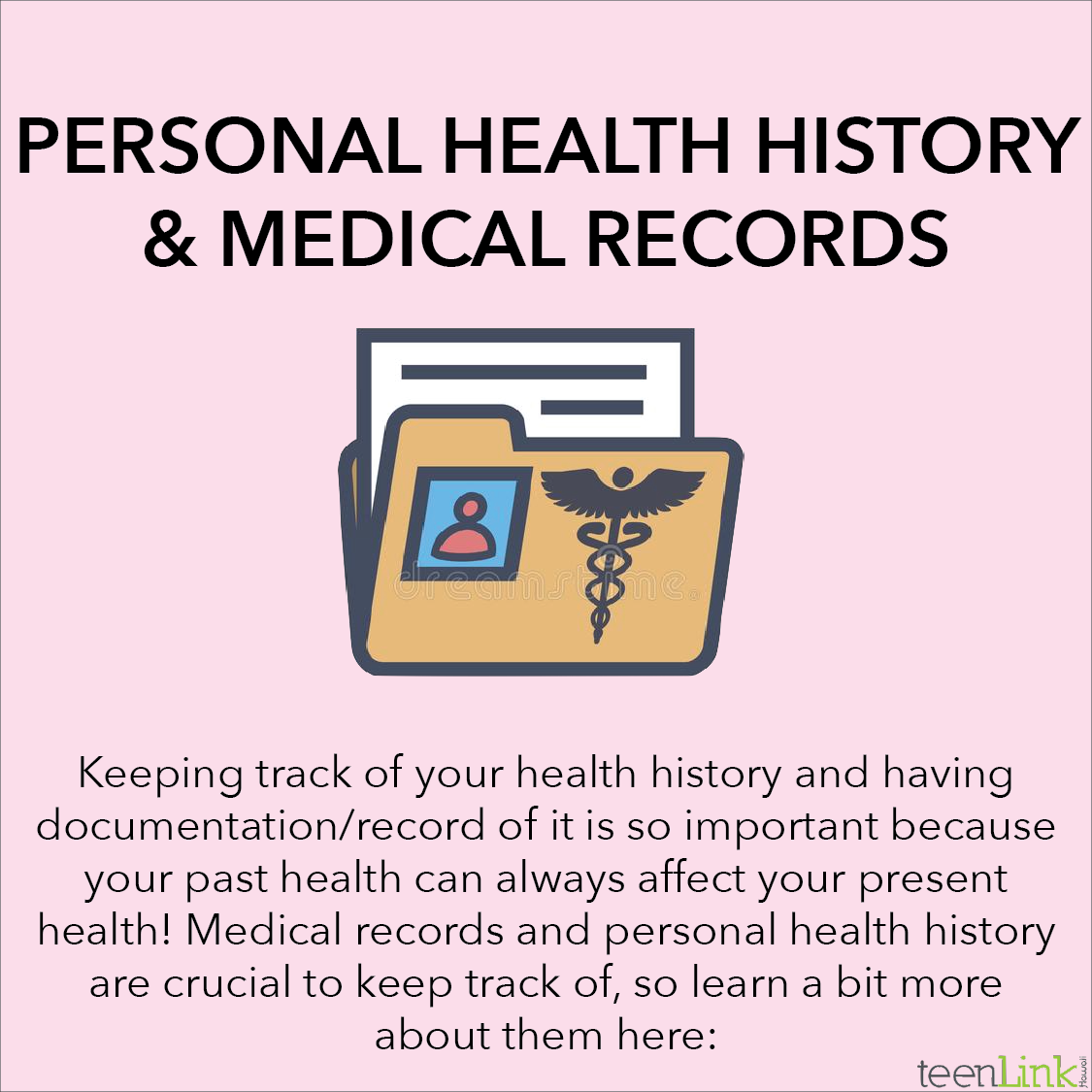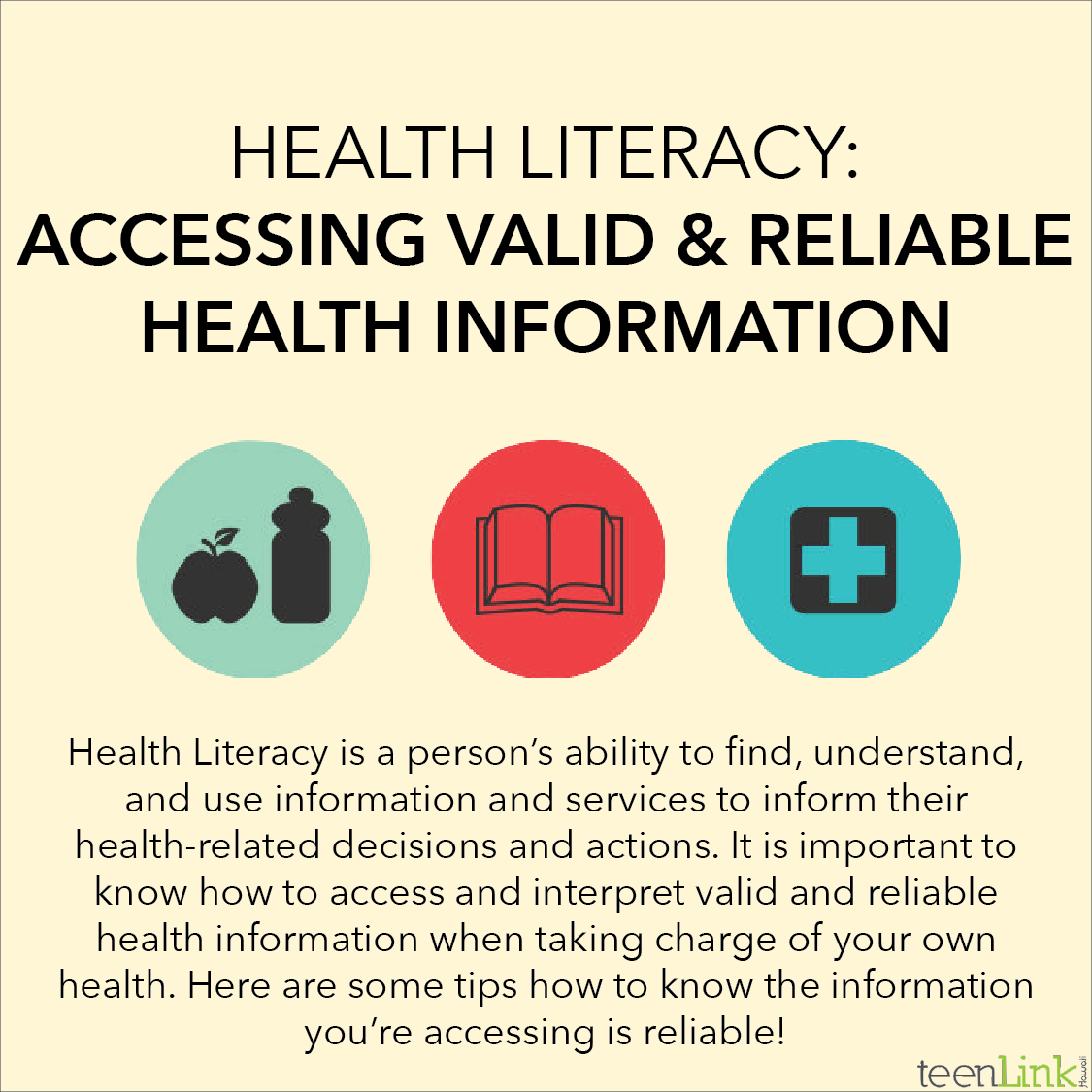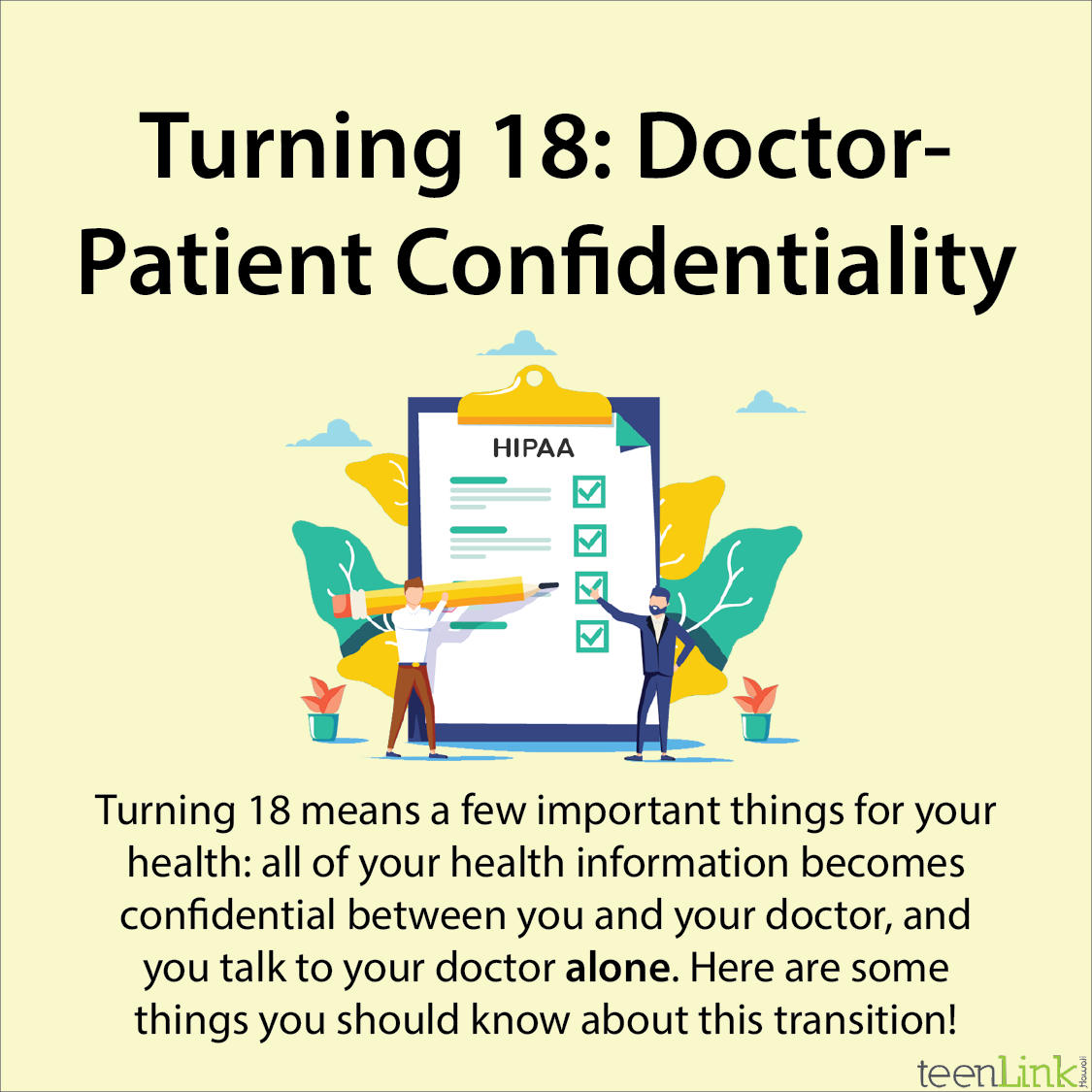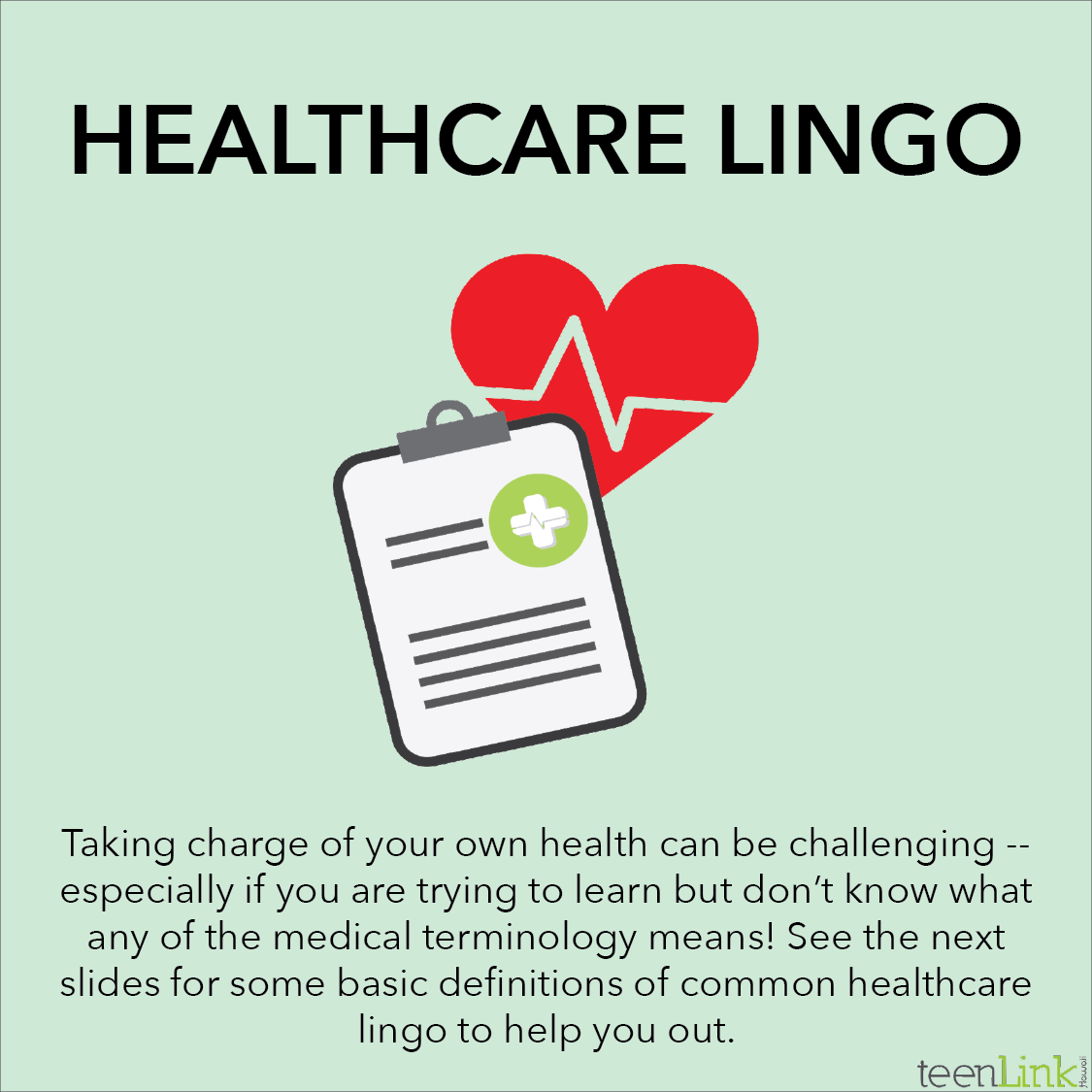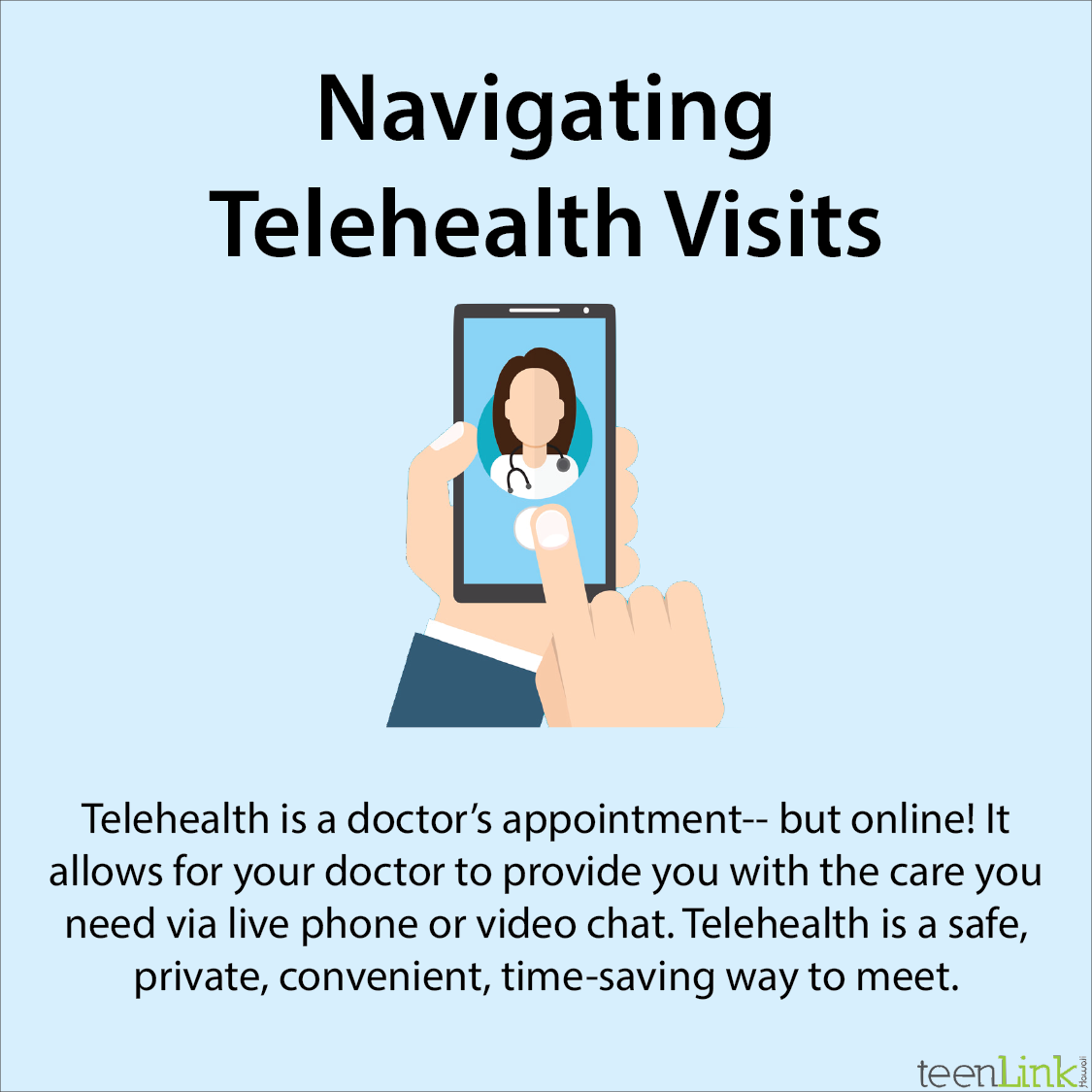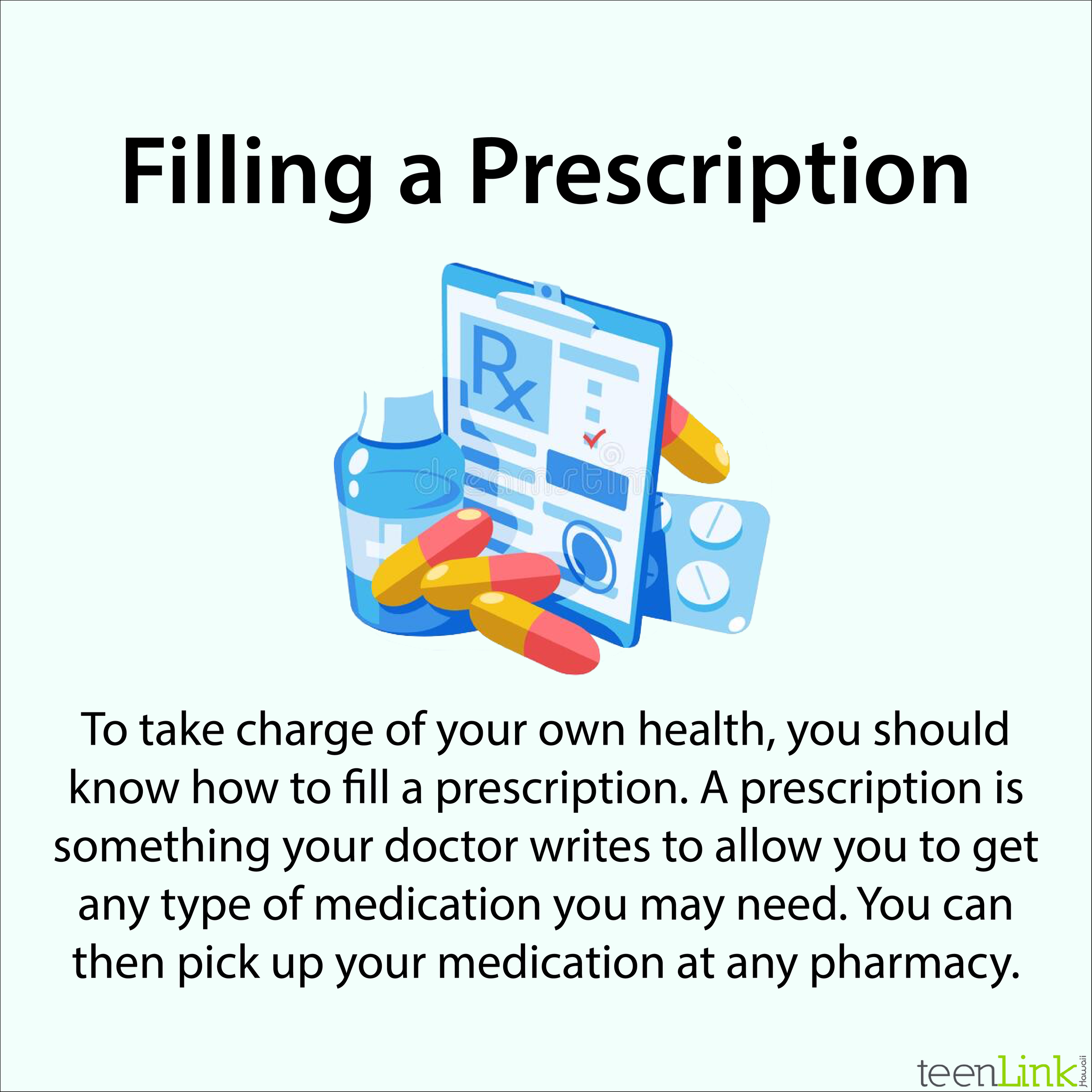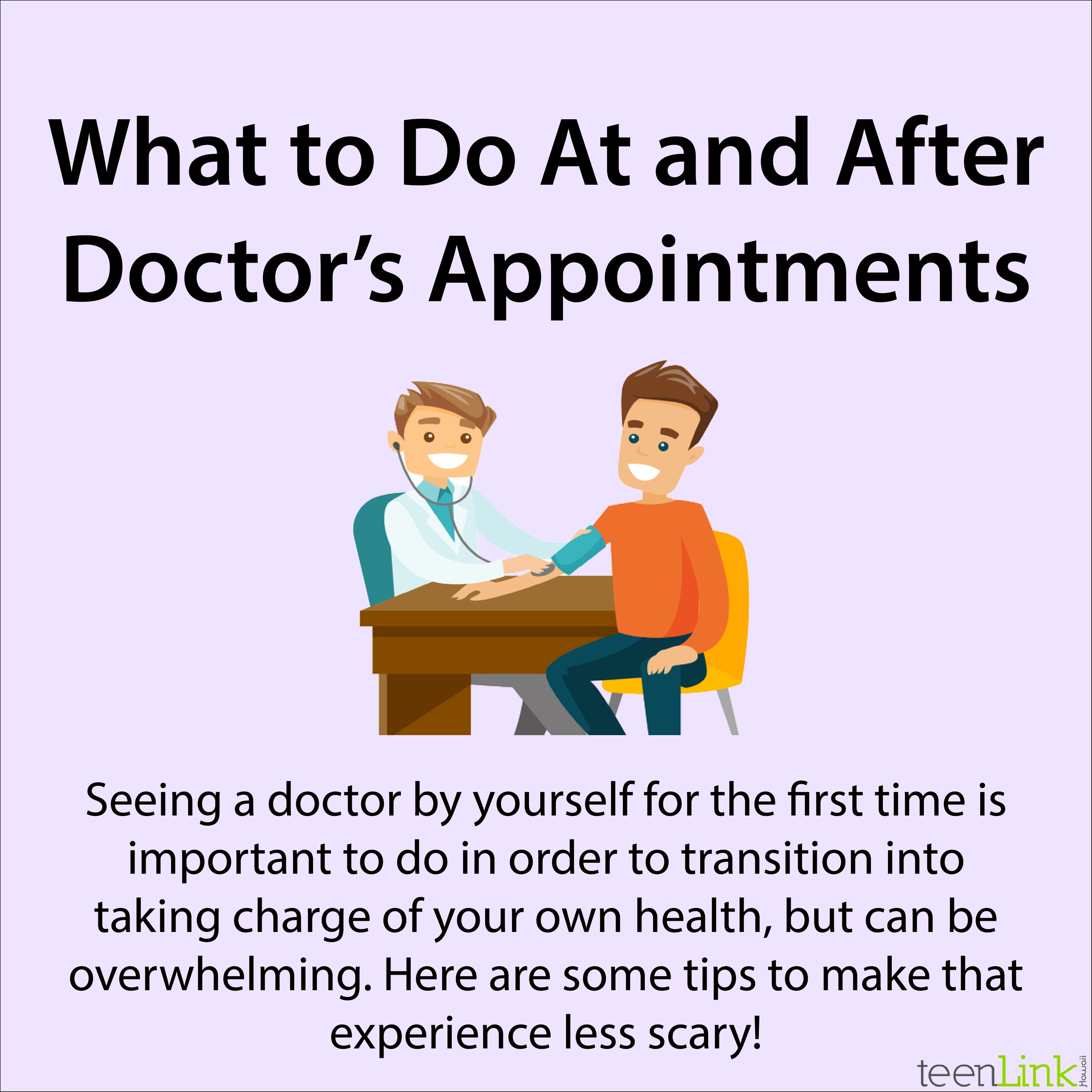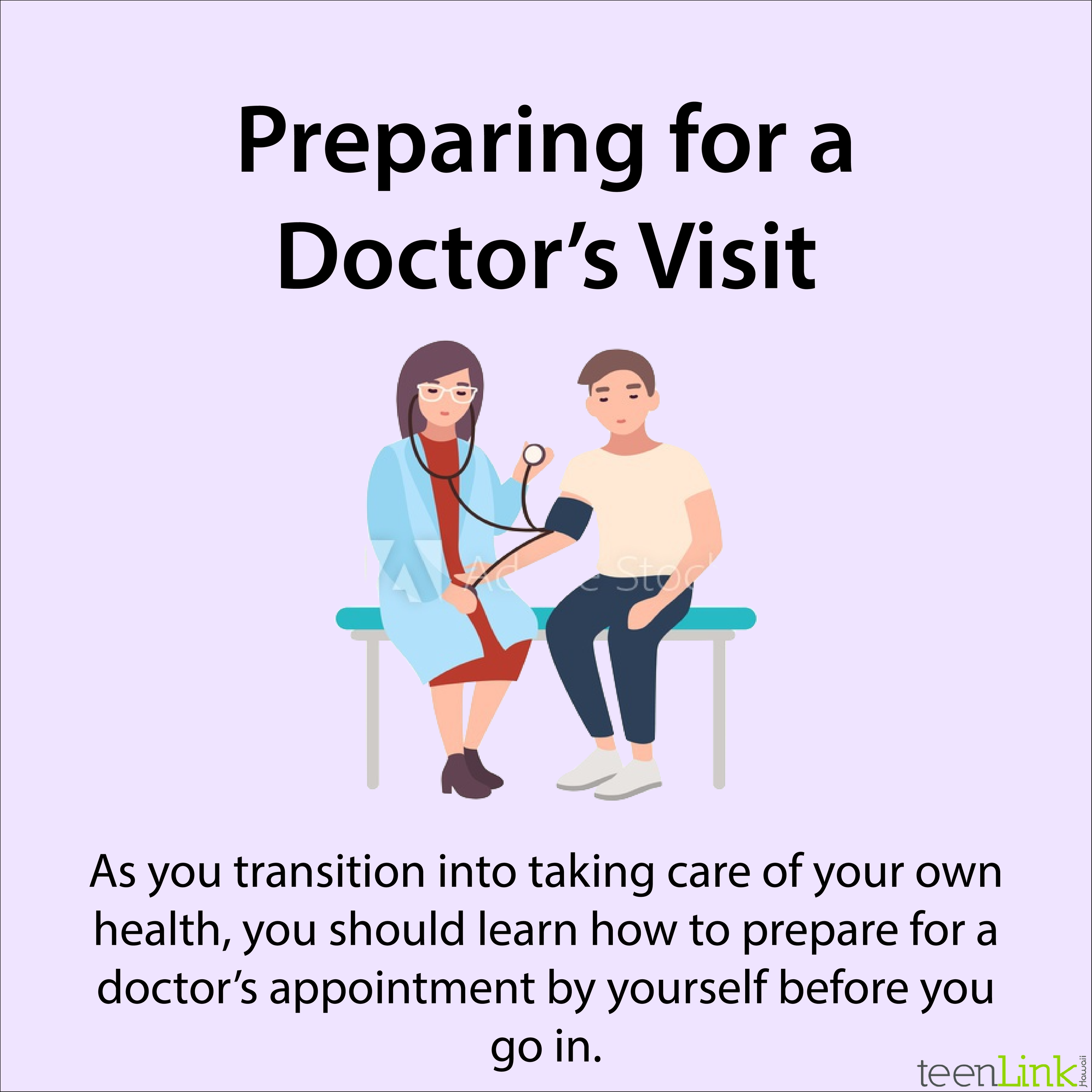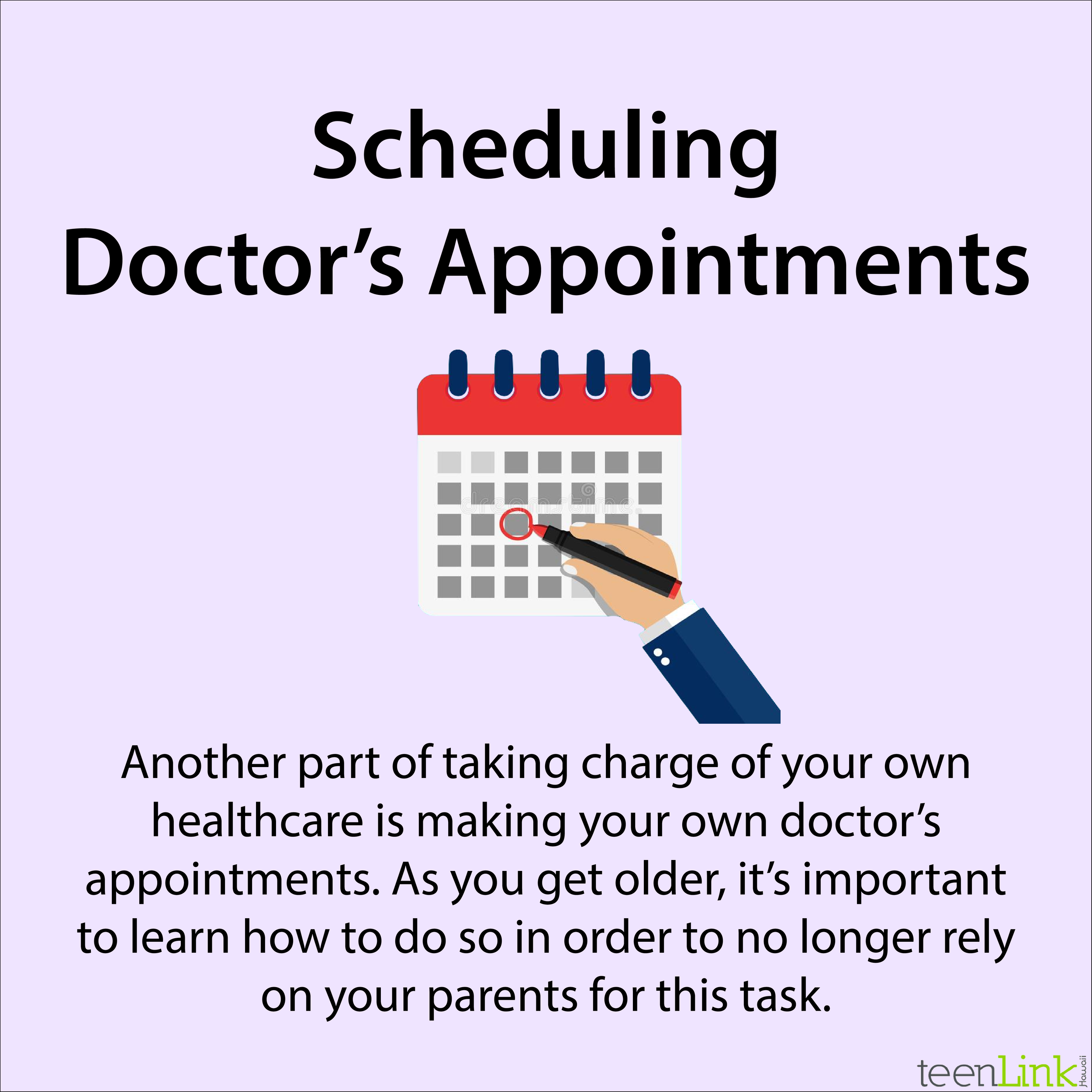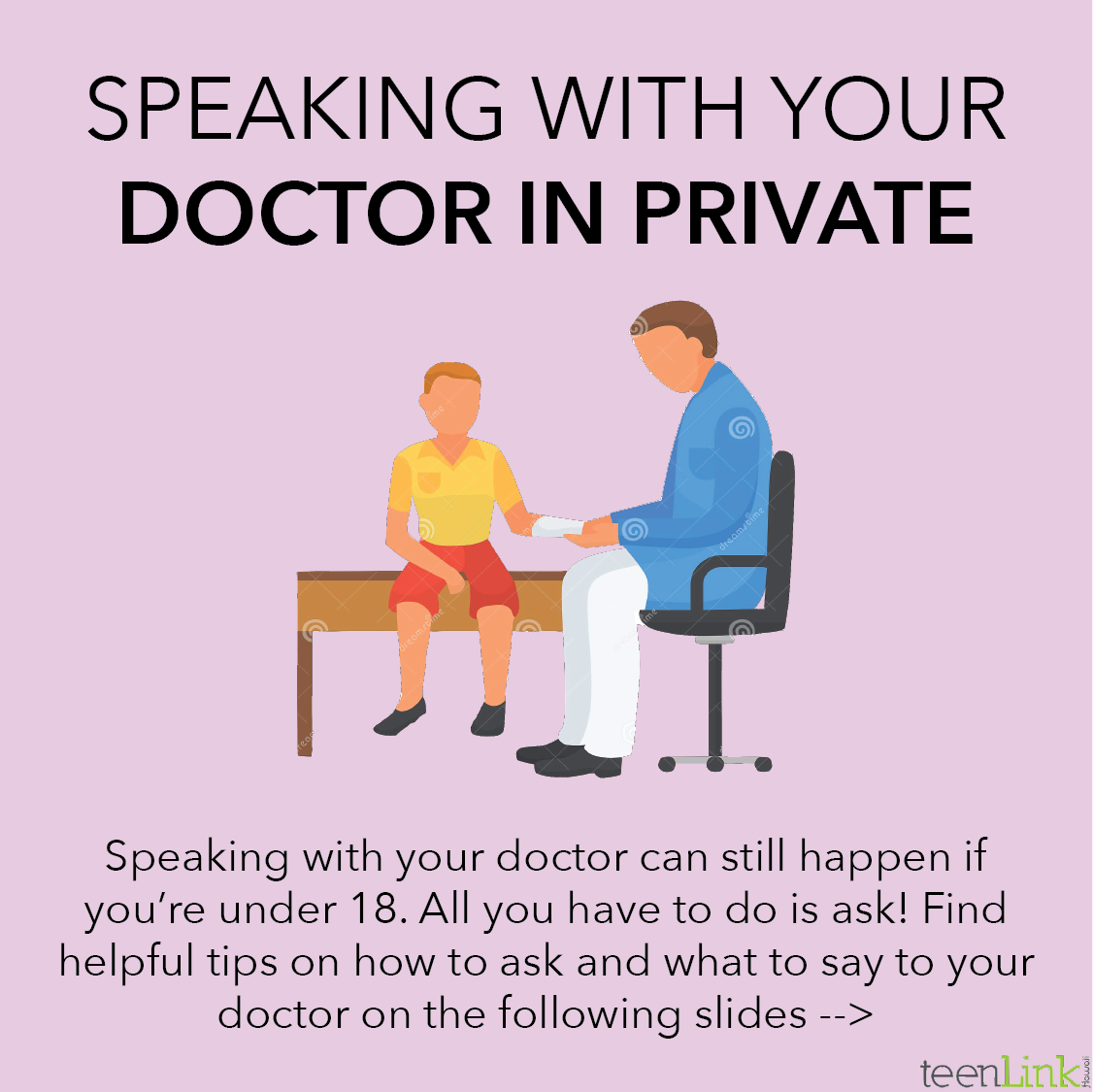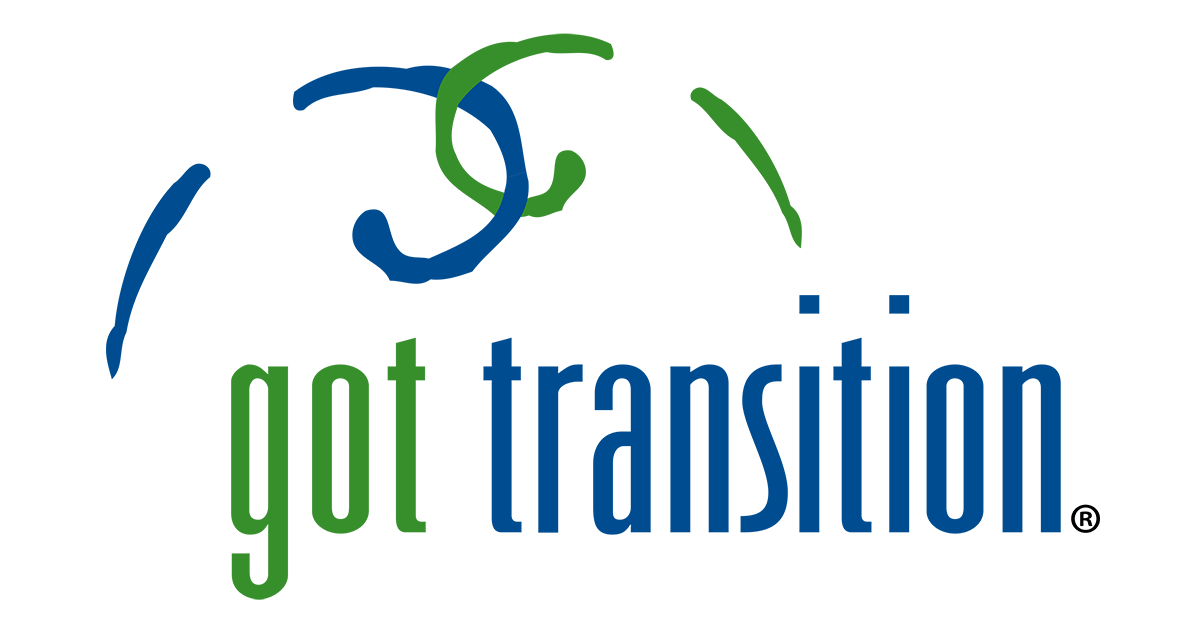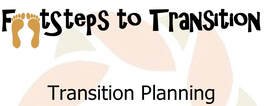Transitioning from Pediatric to Adult Healthcare
The transition from your pediatric doctor to a new “adult-care” doctor usually happens around age 18 or soon after. In addition to finding a new doctor, there are many other aspects to taking charge of your own health and the transition to adult healthcare. We hope our resources can offer useful information about what this transition entails, as well as help make the transition smooth.
How does turning 18 affect your healthcare?
Legally, you are an adult at the age of 18 years old. This is when you start to be in complete control of your healthcare.
Your doctor will talk directly to you, and not your parents, about your health.
It is up to you to make your own decisions about your health (but you may always ask for help; this is what your support system and doctor are for).
Confidentiality— your health information, medical records, and what you talk to your doctor about are private (confidential). They can’t be shared unless you give your doctor permission to do so. The confidentiality between you and your doctor is legally known as the Health Insurance Portability and Accessibility Act, or HIPAA.
HOWEVER: You only have to be 14 years old, to be entitled to Hawai’i minor privacy rights. This means that you can gain reproductive/sexual health, mental health, and substance use healthcare services confidentially, without having to tell your parents.
Tips For Your Transition to Adult Healthcare:
Talk to your parents and family— Familiarity with your family’s past and current health history is highly important.
Talk to your pediatrician— When seeking a new adult doctor, your pediatrician can help you get set up with the right match! Make sure you are comfortable and trust your new healthcare provider.
Be responsible! — Taking the lead on your own health at 18 means a lot more responsibility to be aware of your body and how to keep yourself healthy. Learn what steps to take to address any physical issues you may be feeling. Don’t ignore signs of illness. Learn how to notice when your body feels abnormal, and be prepared to explain any problems or concerns.
Keep your health and wellness as a top priority – Schedule annual wellness visits and prepare for your doctor appointments by writing down questions ahead of time. Your doctor is also a good resource for tips on staying healthy in regards to nutrition, physical activity, mental health, and other topics.
Click the above image to take the online quiz to see how prepared you are for the transition to adult healthcare. To skip the quiz and gain access to the resources provided by the quiz creator, click here.
Click the above image to access a PDF of “A Family Toolkit: Pediatric-To-Adult Health Care Transition” to help you and your family navigate this transition.
Preparing for a Visit With Your New Adult-Care Doctor
Before:
Write down a list of questions and concerns you have.
Keep a list of your medicines, your dosages (how much you take), and any allergies to medicines. You can take a picture of your medicine’s label and bring it with you to your visit to help!
Keep your doctor’s phone number in your phone.
Keep your health insurance card with you always.
Keep a record of your medical history, allergies, and vaccines to share with your new doctor.
During:
Ask your doctor where to go if you need to get care after office hours or on the weekend.
Ask your doctor to explain information you do not understand.
Ask your doctor if there is an online portal or an app you can use to look up your health information, contact information, or to make appointments.
Personal Health Record Template
Filling out your own personal health record is one of the biggest steps to do when transitioning to adult healthcare. Check out this template to use as a guide when filling out your personal health records. Following this can ensure that you know all of the information that your doctor will require of you when you transition to a new adult-care doctor and have to start filling out these forms yourself. Click on the image to download the full, 4 page template!
“Medical ID” Feature on Apple’s Health App
Click on the image to the right to learn all about setting up the Medical ID Feature on Apple’s Health App! The Medical ID is a helpful medical tool, especially when transitioning to adult healthcare.
Transition to Adult Healthcare Toolkit
Under Construction: TeenLink Hawaii’s Transition to Adult Healthcare toolkit is a comprehensive overview of what you should know about the transition from pediatric to adult healthcare! It consists of important resources on this topic, including highlights of our most important Instagram posts below. Check it out!
Transition to Adult Healthcare Instagram Gallery
Go to our Instagram @teenlinkhawaii to see these posts in full. Also, check out and follow our hashtag #teen2adulthealthcare! Click on the images to download a zip file of all the images for each topic below.





